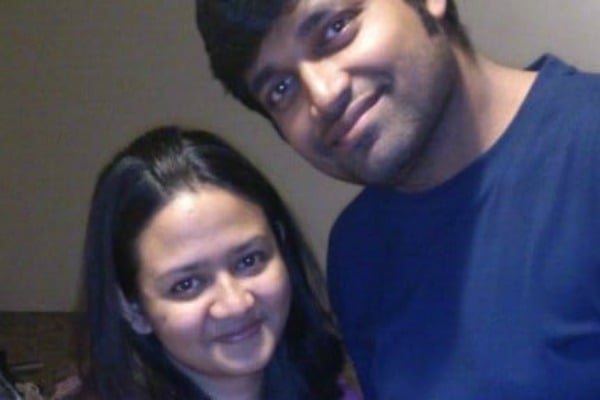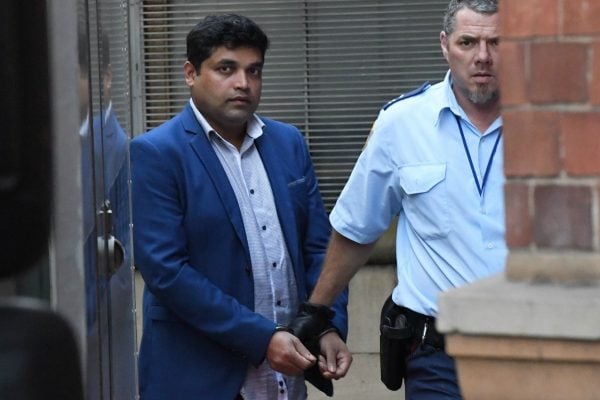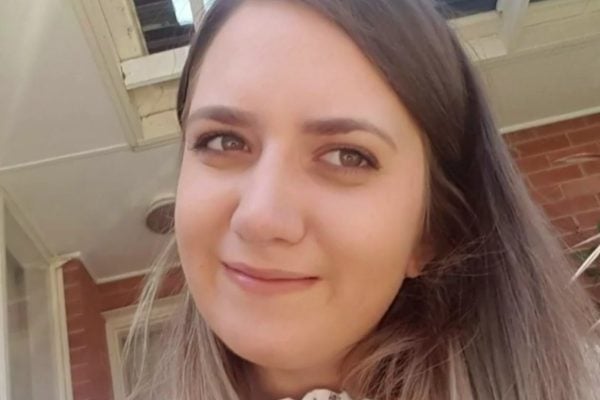
Content Warning: This post discusses violence against women, and may be triggering to some readers.
In February 2017, Shahab Ahmed stabbed Khondkar Fariha Elahi 14 times in the bedroom of their Parramatta unit after finding explicit text messages on her phone.
As his wife laid dying on the floor, begging for forgiveness, Ahmed waited until she stopped breathing before he used her thumb to unlock her phone and call an ambulance.
Today, after two years in custody, Ahmed was sentenced to 27 years in prison for the “cruel and deliberate” attack on his wife.
But even after Ahmed was sentenced, his laywer, Upol Amin, had this to say about his client:
“Nothing good ever comes out of extramarital affairs,” he told reporters outside court.
“It’s been an unfortunate set of circumstances for Mr Ahmed. Not only did he lose his best friend, he lost his wife, the love of his life.”
Once again, just like the narrative that came after the murders of four lone women in Melbourne – Natalina Angok, Aiia Maasarwe, Eurydice Dixon and most recently, Courtney Herron – Khondkar Fariha Elahi has been made the cause of her own death.



Top Comments
When black people weren’t allowed to sit in the same section of the bus Joe, was it black people alone who fought for change?
We are all complicit in a societal, cultural problem and it is a collective problem that requires all of us to solve it. Women have been trying for fifty years now and can’t do it alone. Good men HAVE to get involved.
And if good men get involve and determine its a smart strategy to be careful of your personal security and well-being, as men also do, I guess they are bad men all of a sudden.
Patriarchy still exists in many parts of the world but In a modern western society I don’t know how you can equate a cold blooded killer to the men we love. This murderer received 27 years jail so maybe our community isn’t as patriarchal as you suggest.
Taking the example of Jill Meagher, her killer has convictions for assault / sexual assault on 11 other women stretching back to 2000. At the time of her murder he was out on bail with 3 rape charges pending.
Now, I wonder if the problem there is all men in Australia or just the people who run our bail and parole system?
And Borce Ristevski only received nine years for murdering his wife and lying about it for a year or so, what's your point?